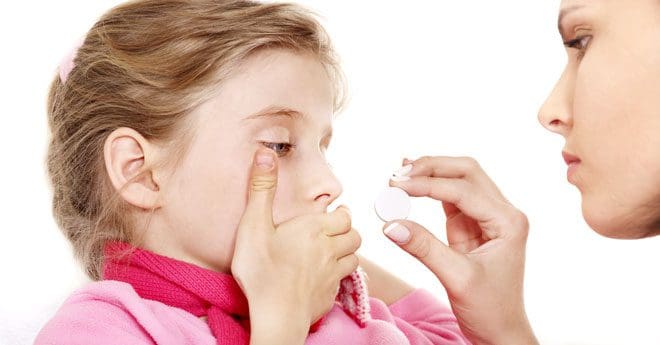The leading cause of liver failure in children in the developed world is the use of excess doses of paracetamol.
In some countries, including the USA, paracetamol is known under the name of acetaminophen. The best known brand is Tylenol.
Parents often self medicate their children with paracetamol believing it is safe because it is available over the counter without a prescription.
In reality, paracetamol containing medications should bear a large warning on their label saying BEWARE THIS DRUG CAN BE A LIVER POISON AND CAUSE LIVER FAILURE.
Paracetamol can be particularly dangerous in infants and children under 5 years of age. These very young children have an immature liver without fully developed detoxification functions. In children with a fever (high temperature), paracetamol is more dangerous, because the increased body temperature increases the production of toxic breakdown products of the paracetamol. Overdose is more likely if paracetamol is given every 2 or 3 hours or for more than 48 hours. It is vital that parents do not mix multiple medications containing paracetamol, such as found in anti-fever medications, pain relievers and cough medicines. It is very easy to overdose a child on paracetamol and severe cases of liver failure induced by paracetamol have required liver transplant and have even resulted in death of the child.
Doctors should be careful and more cautious in recommending paracetamol to treat children with a viral illness or any infective illness causing fever. This is especially so because there is no good evidence existing to show that paracetamol is any more effective in reducing fever than doing nothing or giving a placebo.
In any child with a fever it is obviously important to see a medical doctor for a physical examination and to see if any pathology tests are required. If no serious infection is found and the mother takes her child home, what can she do to reduce the fever and inflammation and strengthen the immune system?
I recommend the following strategies –
- Put the child in a tepid temperature bath and sponge the skin with the water
- Give the child vitamin C – preferably a powder form that tastes pleasant and can be mixed in water. Vitamin C has proven anti-viral properties and strengthens the immune system. Give around 500mg immediately and then 200mg every hour while the child is awake
- Give liquid selenium, zinc and iodine as these minerals help to fight infections. These minerals are available in dropper bottles. Administer these minerals twice daily
- Make herbal teas such as chamomile, sage and peppermint and sweeten with a good organic honey as honey has infection fighting properties.
The good thing about nutritional medicine is that is has scientific evidence to help your child’s innate immune system and is much safer than using paracetamol. You cannot put your child at risk, and provided you have first checked in with your own doctor, you will not miss anything serious.
References: Archives of Diseases in Children 2014


Leave A Comment